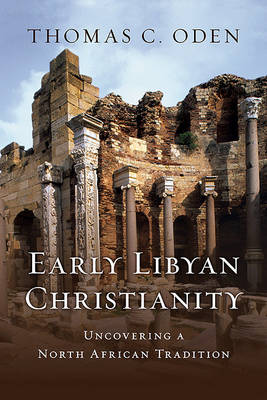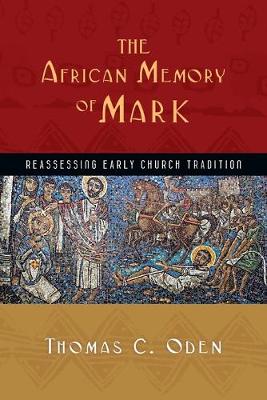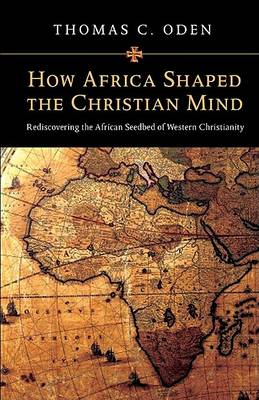Early African Christianity Set
3 total works
Buried for more than a millennium beneath sand and the erosions of time are the remnants of a vital, formative Christian presence in Libya. From about A.D. 68 till the Muslim conquest of A.D. 643, Libya housed a vibrant, creative Christian community that contributed to the shape of the faith even as we know it today. By the mid-190s A.D., Leptis Magna could claim favorite sons as the Roman pontiff, Victor the African, and as the Roman emperor, Septimius Severus.
A rich and energetic community produced a wide variety of key players from early martyrs to great thinkers to archheretics. Tertullian, the great theologian, and Sabellius, the heretic, are relatively well known. Less well known are the martyrs Wasilla and Theodore and the great poet-philosopher-bishop Synesius of Cyrene.
Uncovering this North African tradition and offering it to a wide reading audience is the task that Tom Oden sets for himself in this fascinating tour de force. The book, originating as lectures delivered at the Islamic Da'wa University in Tripoli in 2008 and later expanded as the W. H. Griffith Thomas Lectures in 2009 at Dallas Theological Seminary, has been expanded and refined to provide additional insights and references, surveying the texts, architecture and landmarks of this important period of Christian history. It also serves as a valuable companion to Oden's earlier offerings in How Africa Shaped the Christian Mind and The African Memory of Mark.
A rich and energetic community produced a wide variety of key players from early martyrs to great thinkers to archheretics. Tertullian, the great theologian, and Sabellius, the heretic, are relatively well known. Less well known are the martyrs Wasilla and Theodore and the great poet-philosopher-bishop Synesius of Cyrene.
Uncovering this North African tradition and offering it to a wide reading audience is the task that Tom Oden sets for himself in this fascinating tour de force. The book, originating as lectures delivered at the Islamic Da'wa University in Tripoli in 2008 and later expanded as the W. H. Griffith Thomas Lectures in 2009 at Dallas Theological Seminary, has been expanded and refined to provide additional insights and references, surveying the texts, architecture and landmarks of this important period of Christian history. It also serves as a valuable companion to Oden's earlier offerings in How Africa Shaped the Christian Mind and The African Memory of Mark.
We often regard the author of the Gospel of Mark as an obscure figure about whom we know little. Many would be surprised to learn how much fuller a picture of Mark exists within widespread African tradition, tradition that holds that Mark himself was from North Africa, that he founded the church in Alexandria, that he was an eyewitness to the Last Supper and Pentecost, that he was related not only to Barnabas but to Peter as well and accompanied him on many of his travels.
In this provocative reassessment of early church tradition, Thomas C. Oden begins with the palette of New Testament evidence and adds to it the range of colors from traditional African sources, including synaxaries (compilations of short biographies of saints to be read on feast days), archaeological sites, non-Western historical documents and ancient churches.
The result is a fresh and illuminating portrait of Mark, one that is deeply rooted in African memory and seldom viewed appreciatively in the West.
In this provocative reassessment of early church tradition, Thomas C. Oden begins with the palette of New Testament evidence and adds to it the range of colors from traditional African sources, including synaxaries (compilations of short biographies of saints to be read on feast days), archaeological sites, non-Western historical documents and ancient churches.
The result is a fresh and illuminating portrait of Mark, one that is deeply rooted in African memory and seldom viewed appreciatively in the West.
Thomas C Oden surveys the decisive role of African Christians and theologians in shaping its doctrine and practices of the church of the first five centuries, and makes an impassioned plea for the rediscovery of that heritage. Christians throughout the world will benefit from this reclaiming of an important heritage.


